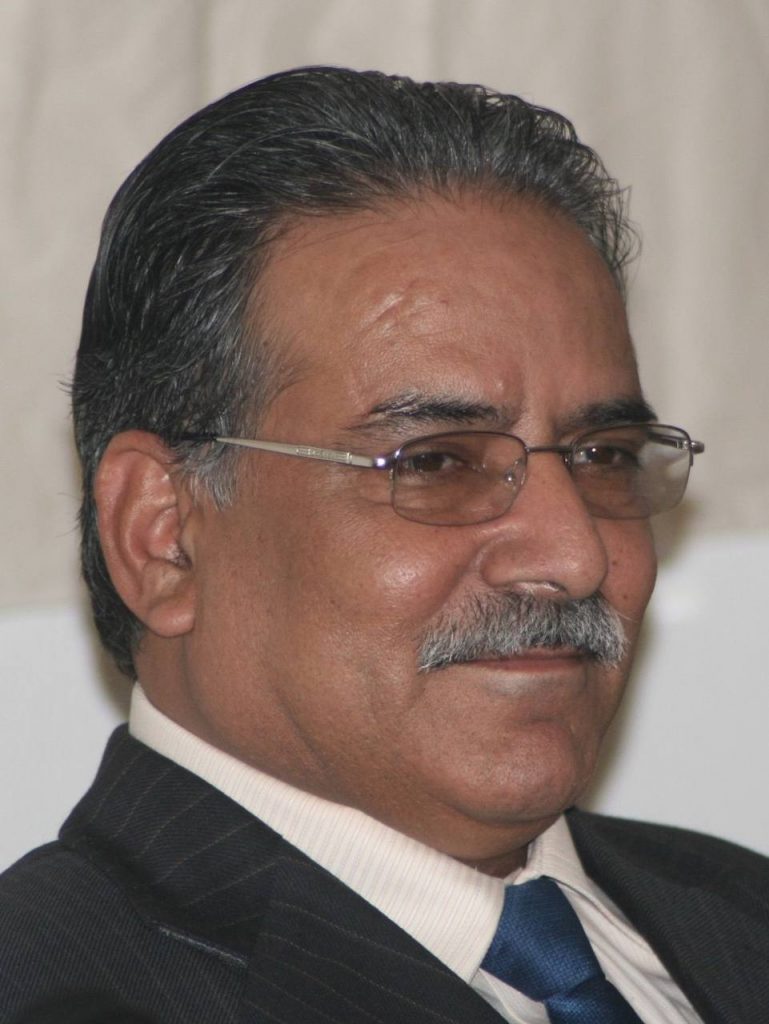Communism was said to have died after the fall of the Soviet Union, but not only are there socialist states, bit also quite literally hundreds and hundreds of communist parties both in and out of power. Many of these were party to the Pyongyang declaration of 1992, an oath to remain on the socialist path.
What led to the Pyongyang Declaration?
The fall of the wall and the end of the USSR caused severe shockwaves to the international order, essentially leaving the USA as the sole superpower, capitalism as the guiding global ideology and an end to the binary world order.
This crisis in confidence and indeed need for survival was felt hard across all Socialist States, which included North Korea. China, Vietnam and Laos at the time, as well in community movements.
Many of the most influential communist parties in the world, such as the Communist Party of Great Britain, as well as other in Italy, France and of course in the old eastern bloc had also moved to social democracy and thus a splintering of the left.
It was this that led to the remnants of the communist block signing the Pyongyang Declaration.

What was the Pyongyang Declaration?
In short the Pyongyang Declaration was a joint-communique by the communist bloc and fraternal parties, led by North Korea who declared their intention to uphold communism and stick to the principles of Marxism-Leninism.
It also reiterated that while the Socialist block had taken a severe setback it still remained the ideal political philosophy for mankind.
You can read the declaration here in full:
Koreans translation of text 2007
The representatives of political parties from different countries of the world who are striving for the victory of socialism publish this declaration with a firm conviction to defend and advance the socialist cause.
Ours is an era of independence and the socialist cause is a sacred one aimed at realising the independence of the popular masses.
Socialism suffered a setback in some countries in recent years. As a consequence of this, the imperialists and reactionaries are claiming that socialism has ‘come to an end’. This is nothing but a sophistry to beautify and embellish capitalism and patronise the old order.
The setback of socialism and the revival of capitalism in some countries is causing a great loss to the achievement of the socialist cause, but it can never be interpreted as the denial of the superiority of socialism and of the reactionary character of capitalism.
Socialism has long been the ideal of mankind and it represents the future of mankind.
Socialist society is, in essence, a genuine society for the people where the popular masses are the masters of everything and everything serves them.
But the capitalist society is an unfair one where ‘the rich get ever richer and the poor poorer’. In this society money decides everything, exploitation of man by man predominates and a handful of exploiter classes lord it over all. It is inevitably accompanied by political non-rights, unemployment, poverty, drugs, crimes and other kinds of all social evils which trample human dignity underfoot.
Only socialism can eliminate domination, subjugation and social inequality of all kinds and ensure the people substantial freedom, equality, true democracy and human rights.
The popular masses have long carried on an arduous struggle for the victory of socialism and shed much blood in this course.
The path of socialism is an untrodden one and, therefore, the advance of socialism is inevitably accompanied by trials and difficulties. One of the reasons for the unsuccessful construction of socialism in some countries is that they failed to build a social structure conforming to the fundamental requirements of the popular masses and build socialism suited to the demand of the theory of scientific socialism.
The guarantee for the advance of a socialist society lies in that the popular masses become the genuine masters of the society.
Such a society makes a triumphant advance – this is a truth and reality proved by theory and practice.
The parties and progressive mankind aspiring after socialism have drawn a very precious lesson therefrom.
In order to defend and advance the socialist cause individual parties should firmly maintain independence and firmly build up their own forces.
The socialist movement is an independent one. Socialism is carved out and built with a country or national state as a unit. The socialist cause in each country should be fulfilled on the responsibility of the party and people of that country.
Each party should work out lines and policies which tally with the actual situation of the country where it is active and with the demands of its people and implement them by relying on the popular masses.
It should not abandon its revolutionary principles at any time and under any circumstances but uplift the banner of socialism.
The socialist cause is a national one and, at the same time, a common cause of mankind.
All parties should cement the ties of comradely unity, cooperation and solidarity on the principles of independence and equality.
Now that the imperialists and reactionaries are attacking socialism and people in an international collusion, the parties which are building socialism or aspiring after it should defend and advance socialism on an international scale and strengthen mutual support and solidarity in their efforts for social justice, democracy, the right to existence and peace against imperialist domination, subjugation by capital and neo-colonialism.
This is an international duty incumbent upon all parties and progressive forces for socialism and an undertaking for their own cause.
We will advance under the unfurled banner of socialism in firm unity with all progressive political parties, organisations, and peoples of the world who are striving to defend socialism against capitalism and imperialism.
Let us all fight it out to open up the future of mankind with a firm conviction in the cause of socialism.
Final victory is on the part of the people fighting in unity for socialism.
The socialist cause shall not perish.
Who were the signatories to the Pyongyang Declaration?
Initially it was signed on 20th April 1992 by 69 parties, which included sole governing ones, such as on Laos, those governing as part of a socialist collation, such as in the DPRK
To read about the Democratic Front for the Reunification of the Fatherland click here.
There were also signatories who were junior partners in governing coalitions, such as in Syria, major opposition parties, such as in Russia, parties that are now in power, such as in Nepal, as well as slightly more quirky ones.
These include outliers such as the New Communist Party of Britain – who you can read about here. And of course there were also many signatories that simply do not exist now…….
There are also so very notable absences, such as China and Vietnam.

How many signatories to the Pyongyang Declaration are there now?
As stated there were originally 69 signatories, which has since expanded to over 300 as of 2017 and the declaration is considered a point of pride in the DPRK and is mentioned as proof that the socialist block is alive and well.
To read about Socialist Countries click here
The new members consist of a varied “bunch”, but do include parties that hold power and, or parliamentary representation.
What is the contemporary importance of the Pyongyang Declaration?
This is a topic that can and is hotly debated, but it was at least the first deflation of its kind to say that the moment would continue despite the “setback” of the fall of the USSR.
It was though merely a declaration, rather than a permeant meeting and its importance is less than in the various Internationals, such as the International Meeting of Communist and Workers’ Parties. This grouping sees communist and workers parties from around the world meet at least once yearly and includes the Workers Party of Korea.
You can read more about them here
So, while not necessarily the most important movement within the communist world, it was the first and most paramount declaration that the struggle indeed continues.
You can check out our North Korea tours here.





